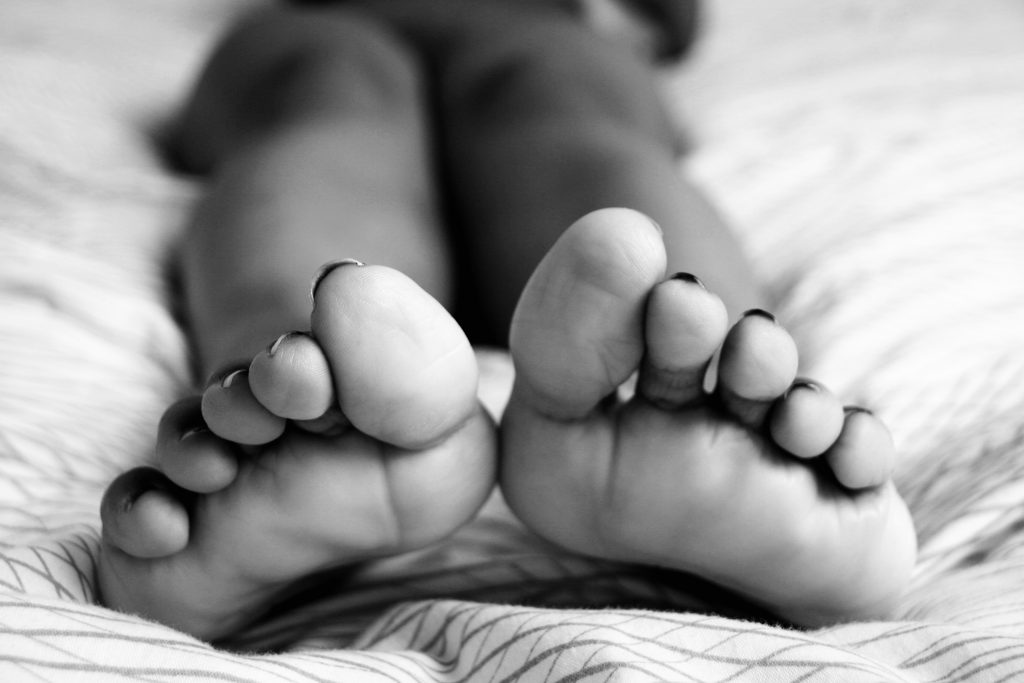 As if having car troubles was not bad enough, imagine also losing your toe in the process. Well, that exact scenario happened to Valerie Babin. After her vehicle broke down in Gonzales, Louisiana, Ms. Babin called American Towing Enterprises to tow her vehicle. An American Towing Enterprises’s employee, Floyd Russo, arrived to help Ms. Babin. At this point, Ms. Babin’s day went from bad to worse. As Mr. Russo partially loaded the vehicle onto the truck’s flatbed, Ms. Babin went to turn off her vehicle’s emergency flashers. At the same time, Mr. Russo lowered the truck bed, which landed on Ms. Babin’s foot, crushing her big toe. Despite attempts to save her big toe, Ms. Babin eventually required surgery to remove it.
As if having car troubles was not bad enough, imagine also losing your toe in the process. Well, that exact scenario happened to Valerie Babin. After her vehicle broke down in Gonzales, Louisiana, Ms. Babin called American Towing Enterprises to tow her vehicle. An American Towing Enterprises’s employee, Floyd Russo, arrived to help Ms. Babin. At this point, Ms. Babin’s day went from bad to worse. As Mr. Russo partially loaded the vehicle onto the truck’s flatbed, Ms. Babin went to turn off her vehicle’s emergency flashers. At the same time, Mr. Russo lowered the truck bed, which landed on Ms. Babin’s foot, crushing her big toe. Despite attempts to save her big toe, Ms. Babin eventually required surgery to remove it.
Ms. Babin filed a lawsuit against Mr. Russo and American Towing Enterprises. At trial, the court awarded $673,380.35 in damages, finding Mr. Russo and American Towing Enterprises 60% at fault and Ms. Babin 40% at fault. When the injured individual is found partially at fault for his or her injury, his or her damages are reduced by the amount he or she was at fault. In Ms. Babin’s case, her fault reduced the total amount of damages to $404,028.21. Ms. Babin appealed the trial court’s determination of damages, claiming that the awarded amount was insufficient. Conversely, Mr. Russo and American Towing Enterprises appealed the trial court’s determination claiming that the amount awarded was excessive.
The Louisiana Court of Appeals (“the Court”) was tasked with determining whether the damages were insufficient or excessive. The Court examined two types of damages, general damages, and special damages. General damages often include mental or physical pain, suffering, inconvenience, loss of gratification or intellectual or physical enjoyment, or other losses of lifestyle. McGee v. A C And S, Inc., 933 So. 2d 770, 774 (La. 2006). The goal of general damages is to make the injured party whole. In other words, put the injured party in the same position he or she was at prior to the injury. Special damages are damages that the injured person will experience in the future. Ms. Babin argued that at minimum she should have received $400,000 for general damages and $557,028 in special damages for future medical care. The Court found that the trial court’s determination of general and special damages was reasonable. When addressing the amount of special damages for future medical care, the Court noted that the trial court awarded Ms. Babin $223,77.00 based on the testimony of two doctors at trial. When seeking future medical expenses, “the appellate record must establish that future medical expenses will be necessary and inevitable.” Bass v. State, 167 So. 3d 711, 716 (La. 2014). In addition, future medical expenses will not be supported when there is not medical testimony. The Court found the trial court’s determination of special damages was reasonable and disregarded the defendants’ argument that the awarded amount was unsupported by evidence. Lastly, the Court examined the loss of future wages. The loss of future wages requires the trial court to determine how much work the injured party will miss in the future because of his or her injury. For Ms. Babin, the trial court determined that Ms. Babin will lose $81,735.00 in future wages. The Court also found this amount reasonable.
 Louisiana has laws in place requiring drivers to carry car insurance. However, insurance policies are not uniform and some policies may contain ambiguities or be silent altogether on specific issues. The following case illustrates such a scenario.
Louisiana has laws in place requiring drivers to carry car insurance. However, insurance policies are not uniform and some policies may contain ambiguities or be silent altogether on specific issues. The following case illustrates such a scenario. Louisiana Personal Injury Lawyer Blog
Louisiana Personal Injury Lawyer Blog


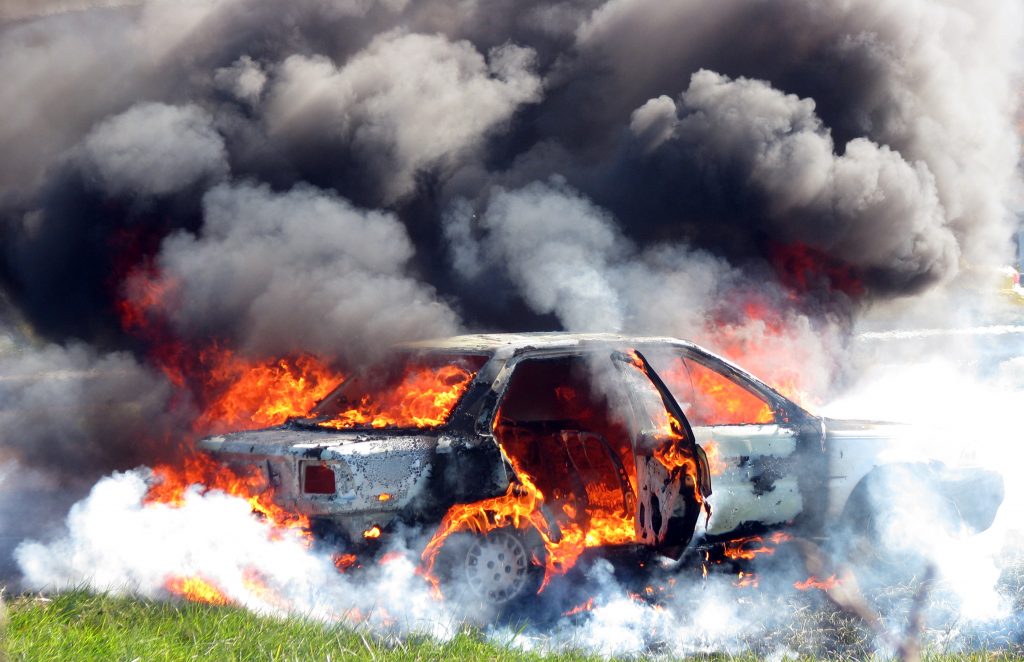 When you let a friend borrow your car you probably don’t give much thought to who’s insurance policy would cover any potential accidents. Insurance policies contain many loopholes that can exclude coverage when an accident occurs. The following case out of Lafayette, discusses the problems that can arise when a friendly gesture turns into a legal nightmare for the parties involved.
When you let a friend borrow your car you probably don’t give much thought to who’s insurance policy would cover any potential accidents. Insurance policies contain many loopholes that can exclude coverage when an accident occurs. The following case out of Lafayette, discusses the problems that can arise when a friendly gesture turns into a legal nightmare for the parties involved.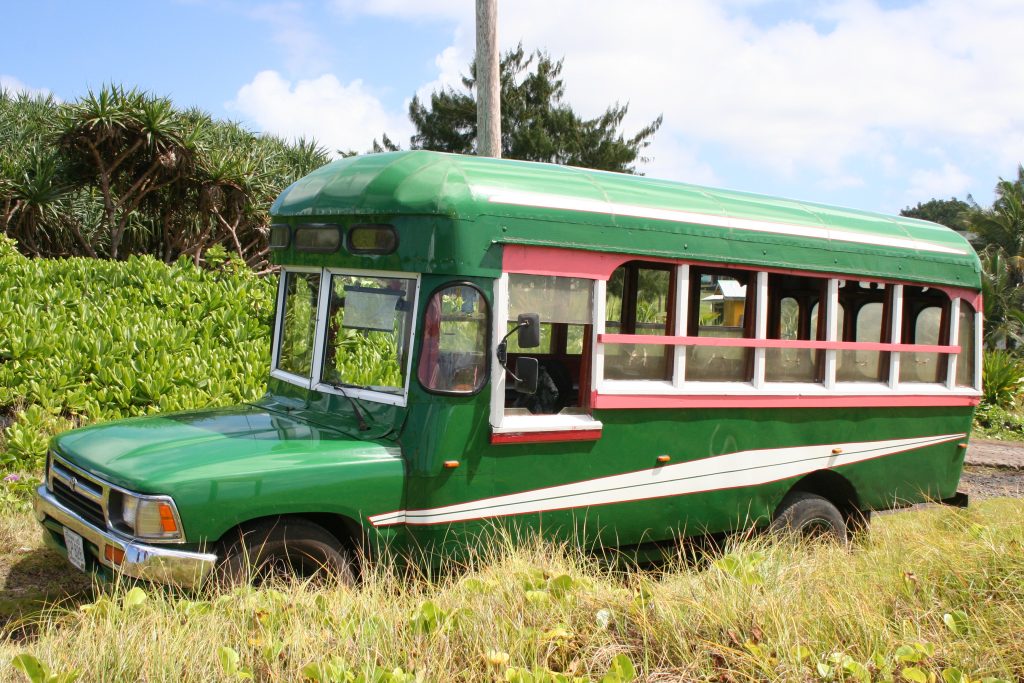 Sometimes when a plaintiff is awarded damages at trial he or she may believe that the damage amount does not match the injury he or she incurred. When this situation happens, what can a plaintiff do to challenge the damage award? And how easy is it get an increase in the damages amount? A recent First Circuit Court of Appeal case involving a Terrebonne Parish man provides guidance towards answering these questions.
Sometimes when a plaintiff is awarded damages at trial he or she may believe that the damage amount does not match the injury he or she incurred. When this situation happens, what can a plaintiff do to challenge the damage award? And how easy is it get an increase in the damages amount? A recent First Circuit Court of Appeal case involving a Terrebonne Parish man provides guidance towards answering these questions. There are many questions involved in filing and pursuing a lawsuit. How do I file? When must I file? Against whom do I file it? What amount of damages do I seek? Most people are unaware that there are different types of damages. An attorney’s trial strategy not only plays a critical role in
There are many questions involved in filing and pursuing a lawsuit. How do I file? When must I file? Against whom do I file it? What amount of damages do I seek? Most people are unaware that there are different types of damages. An attorney’s trial strategy not only plays a critical role in 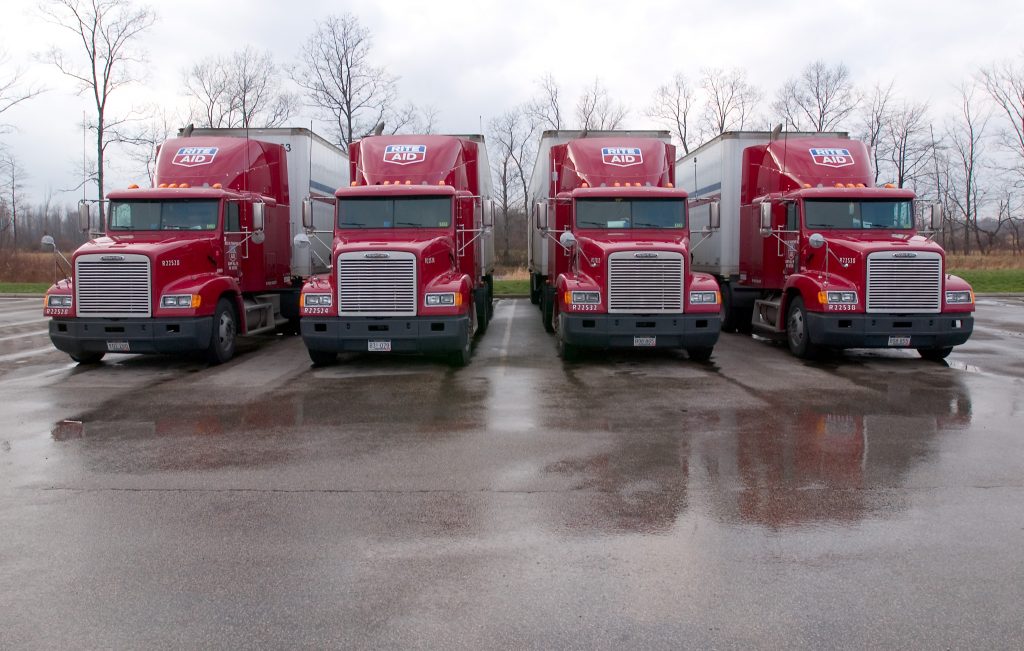 During litigation, a party may attempt to claim some form of privilege as an avenue not to produce certain evidence. There are various types of privileges that may be asserted. One that is familiar to many is attorney-client privilege. One that is not as familiar is work-product privilege. Work-product privilege is claimed in civil cases and is used to keep materials that are created in anticipation of litigation from being discovered by opposing counsel. However, to assert work-product privilege the party claiming it must be an adverse party in the lawsuit. A non-party is not entitled to work-product privilege, as Louisiana State recently learned when the Louisiana Second Circuit Court of Appeal affirmed that work-product privilege can only be claimed by an adverse party.
During litigation, a party may attempt to claim some form of privilege as an avenue not to produce certain evidence. There are various types of privileges that may be asserted. One that is familiar to many is attorney-client privilege. One that is not as familiar is work-product privilege. Work-product privilege is claimed in civil cases and is used to keep materials that are created in anticipation of litigation from being discovered by opposing counsel. However, to assert work-product privilege the party claiming it must be an adverse party in the lawsuit. A non-party is not entitled to work-product privilege, as Louisiana State recently learned when the Louisiana Second Circuit Court of Appeal affirmed that work-product privilege can only be claimed by an adverse party.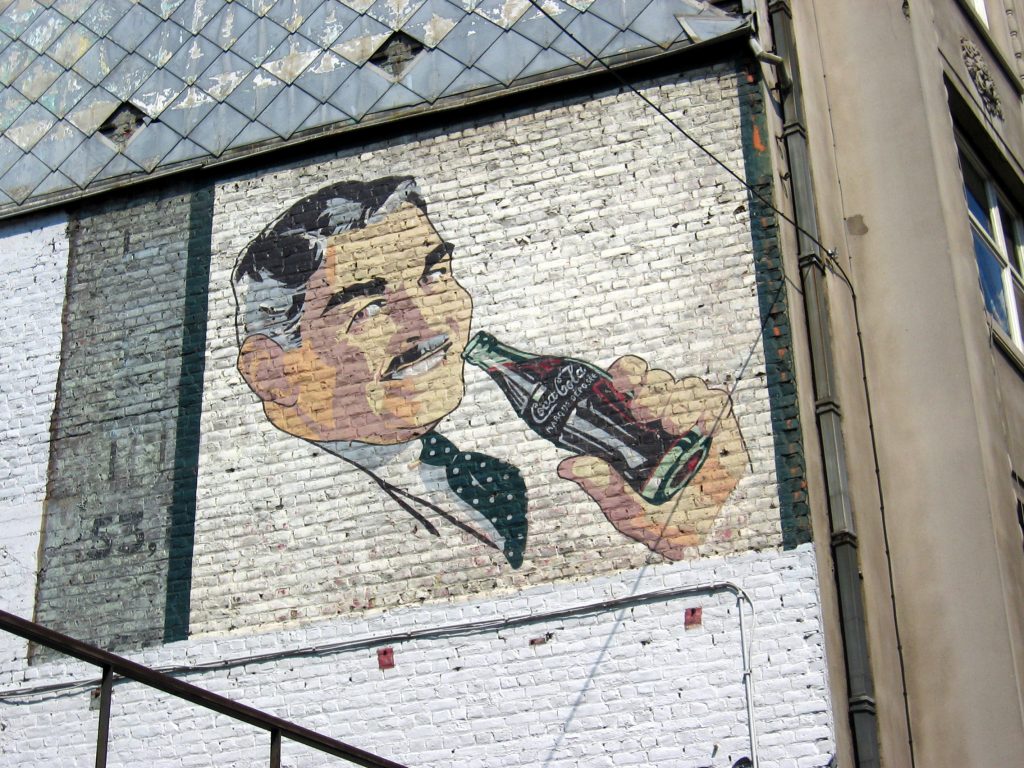 When are you on the job? While seemingly a simple question, many personal injury cases revolve around the issue of whether an individual was acting within the scope of his or her employment. The ramifications of the answer to this question determine whether a business is on the hook for its employee’s negligence. Recently, a Louisiana Court of Appeal (“the Court”) addressed this question when determining whether a Coca-Cola Bottling Company United, Inc. (“Coca-Cola”) employee was working for the company at the time of an accident.
When are you on the job? While seemingly a simple question, many personal injury cases revolve around the issue of whether an individual was acting within the scope of his or her employment. The ramifications of the answer to this question determine whether a business is on the hook for its employee’s negligence. Recently, a Louisiana Court of Appeal (“the Court”) addressed this question when determining whether a Coca-Cola Bottling Company United, Inc. (“Coca-Cola”) employee was working for the company at the time of an accident. As if having car troubles was not bad enough, imagine also losing your toe in the process. Well, that exact scenario happened to Valerie Babin. After her vehicle broke down in Gonzales, Louisiana, Ms. Babin called American Towing Enterprises to tow her vehicle. An American Towing Enterprises’s employee, Floyd Russo, arrived to help Ms. Babin. At this point, Ms. Babin’s day went from bad to worse. As Mr. Russo partially loaded the vehicle onto the truck’s flatbed, Ms. Babin went to turn off her vehicle’s emergency flashers. At the same time, Mr. Russo lowered the truck bed, which landed on Ms. Babin’s foot, crushing her big toe. Despite attempts to save her big toe, Ms. Babin eventually required surgery to remove it.
As if having car troubles was not bad enough, imagine also losing your toe in the process. Well, that exact scenario happened to Valerie Babin. After her vehicle broke down in Gonzales, Louisiana, Ms. Babin called American Towing Enterprises to tow her vehicle. An American Towing Enterprises’s employee, Floyd Russo, arrived to help Ms. Babin. At this point, Ms. Babin’s day went from bad to worse. As Mr. Russo partially loaded the vehicle onto the truck’s flatbed, Ms. Babin went to turn off her vehicle’s emergency flashers. At the same time, Mr. Russo lowered the truck bed, which landed on Ms. Babin’s foot, crushing her big toe. Despite attempts to save her big toe, Ms. Babin eventually required surgery to remove it.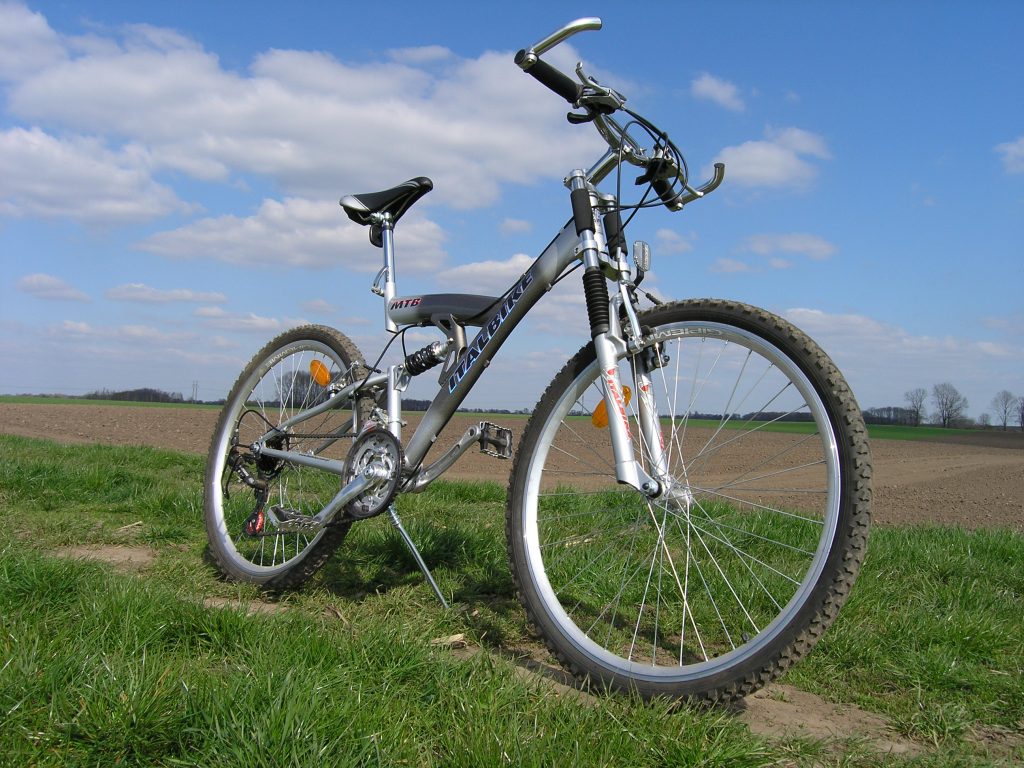 The majority of cases, civil and criminal alike, never make it to trial. The parties may settle the case out of court or the claims may simply be dropped by the plaintiff. A third reason why a case may not make it to the jury is if a judge grants a party’s motion for summary judgment; a fate that almost befell Orleans Parish citizen John Ludlow’s negligence
The majority of cases, civil and criminal alike, never make it to trial. The parties may settle the case out of court or the claims may simply be dropped by the plaintiff. A third reason why a case may not make it to the jury is if a judge grants a party’s motion for summary judgment; a fate that almost befell Orleans Parish citizen John Ludlow’s negligence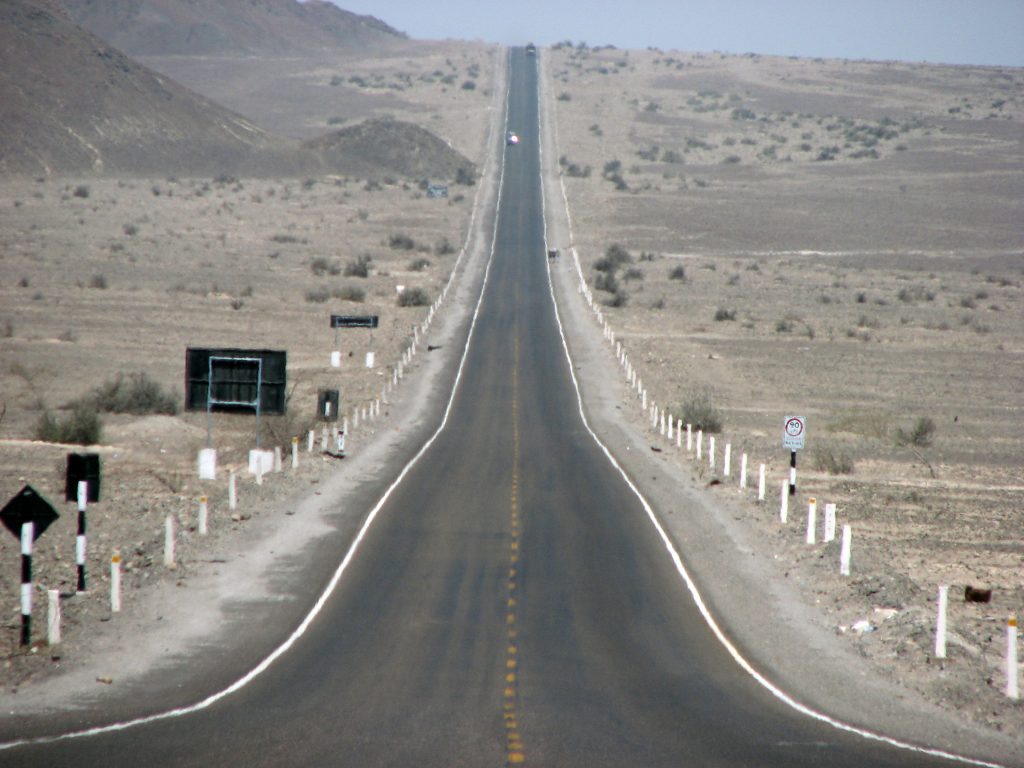 Employees can pit employers against each other just like children do with parents. If permission is limited by one person the employee/child will simply repeat their request to the other party. What an employee is permitted to do can be ambiguous. In a recent automobile accident case out of Shreveport however, the Louisiana Second Circuit Court of Appeal affirmed that employer “permission” in Louisiana provides a wide berth to an employee and can result in unexpected liability.
Employees can pit employers against each other just like children do with parents. If permission is limited by one person the employee/child will simply repeat their request to the other party. What an employee is permitted to do can be ambiguous. In a recent automobile accident case out of Shreveport however, the Louisiana Second Circuit Court of Appeal affirmed that employer “permission” in Louisiana provides a wide berth to an employee and can result in unexpected liability. 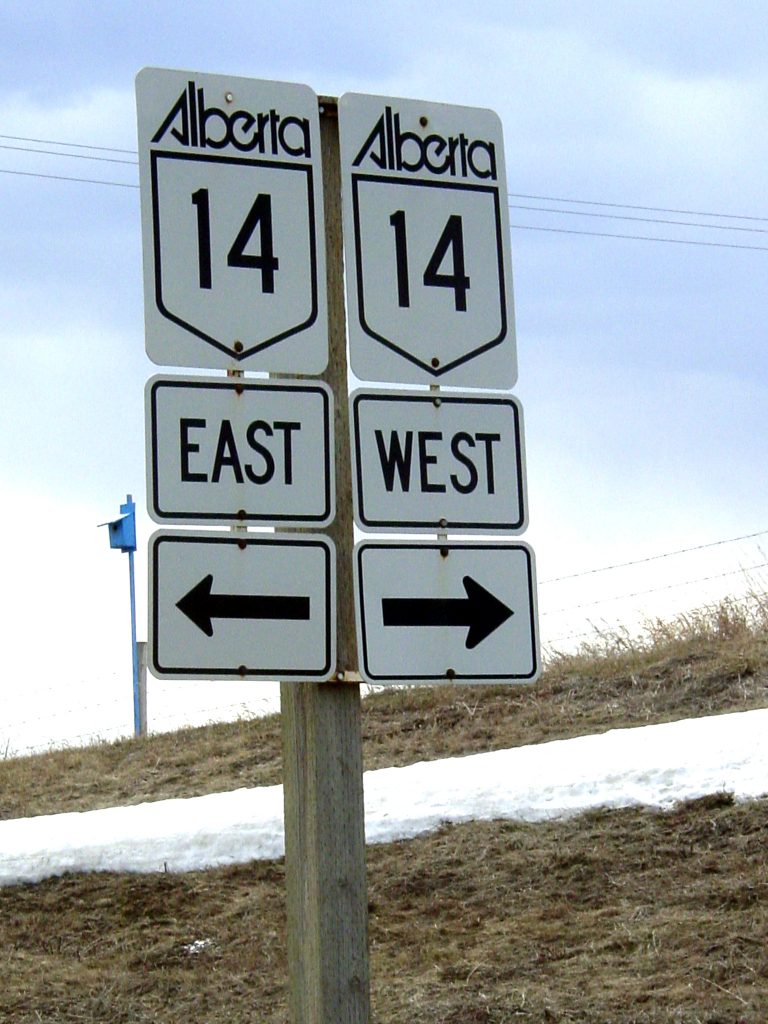 Underinsurance policies provide drivers an extra layer of protection. These policies compensate drivers for injuries suffered in accidents with uninsured or underinsured drivers, but the process of claiming under these policies can be problematic. Ted Luquette encountered this difficulty after he was injured in a car accident in Abbeville.
Underinsurance policies provide drivers an extra layer of protection. These policies compensate drivers for injuries suffered in accidents with uninsured or underinsured drivers, but the process of claiming under these policies can be problematic. Ted Luquette encountered this difficulty after he was injured in a car accident in Abbeville.